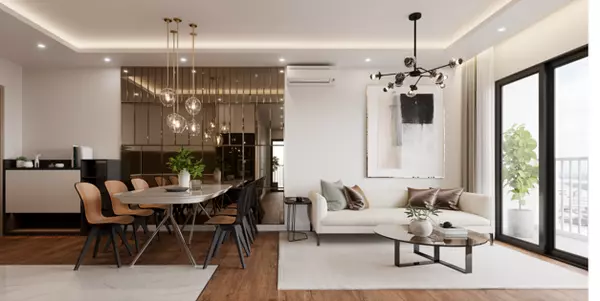How Much Cash Do I Need to Purchase a Home?

Setting out a budget is an important step when deciding to purchase a home, but there are several cash expenses that you may not think of that need to be taken into account when planning your budget. Here's a quick guide to help you calculate all of the upfront costs that you could incur when buyin
Read MoreThe First 4 Steps to Take Before Purchasing a Home

The initial thought of purchasing your first home can be exciting, nerve-racking and confusing all at once. There are many unknowns if you’ve never been through the purchasing process but once you know where to start, the process becomes much less intimidating. I’ve listed 4 steps leading up to purc
Read More
Categories



